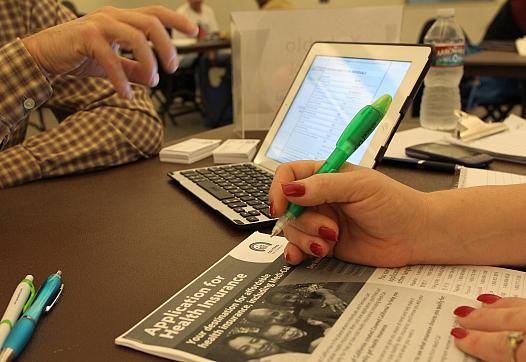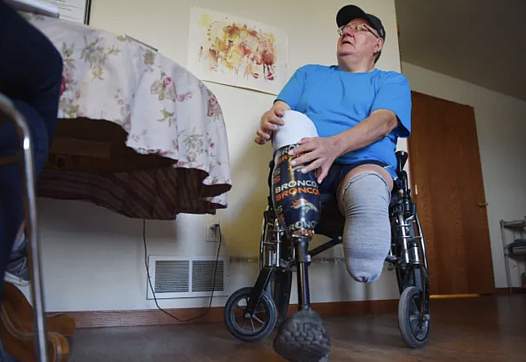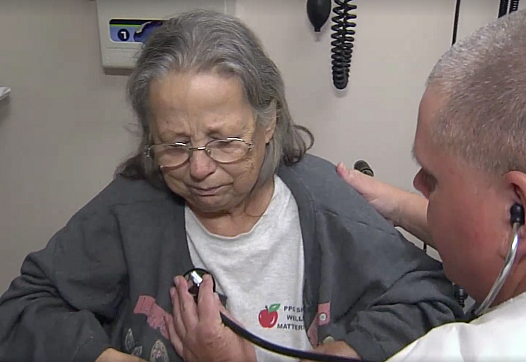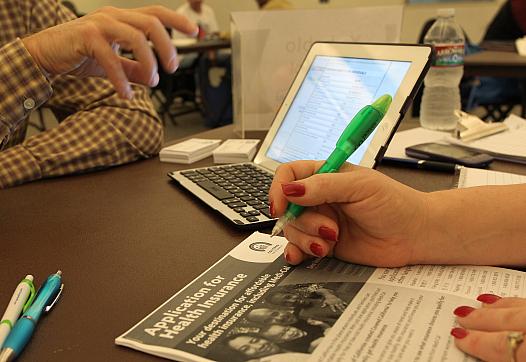
While ACA repeal efforts have stalled, the individual mandate is gone and Medicaid work requirements are proliferating. Two expert observers weigh in on states' growing role in shaping health policy.

While ACA repeal efforts have stalled, the individual mandate is gone and Medicaid work requirements are proliferating. Two expert observers weigh in on states' growing role in shaping health policy.

One of the busiest free clinics in the state of North Carolina closed its doors in 2016. A reporter decided to find out what that meant for the health of the county's disproportionately poor residents.

The Argus Leader reviewed hundreds of pages of federal hospital inspection records and legal filings as part of a monthslong investigation into the facilities. And reporters met with dozens of tribal members on visits to the Rosebud and Pine Ridge Indian Reservations.

We recently spoke with Brenda Woods-Placky, director of the Climate Matters program at Climate Central, to discuss how journalists can best report on the science and health impact of climate change.

Susan Moore has colon cancer. She couldn’t afford transportation to dialysis three times a week. Until recently, she wanted to die. Her story struck reporter Tracie Potts especially hard.

Immigrants on edge about broader enforcement under Trump have been skipping appointments and questioning whether enrolling in public health coverage could jeopardize their status.

Rebecca Adams reported this story with support from the Fund for Journalism on Child Well-Being, a program of the University of Southern California Center for Health Journalism.

In the past five months, 100 people have been shot to death in just three mass shootings in Florida, Nevada and Texas. The carnage has left Americans hungry for a deeper understanding of what drives such violence and how we might collectively respond to the terrifying recurrence of such atrocities.

The deadline for the Center for Health Journalism Impact Fund is in less than three weeks, plus check out these health reporting and editing jobs available across the country.

The repeal of the health insurance mandate by Congress in December could result in 13 million fewer Americans with health insurance over the next decade, according the CBO. Politicians on both sides of the aisle have suggested the move could lead to Obamacare’s collapse, especially when combined wit